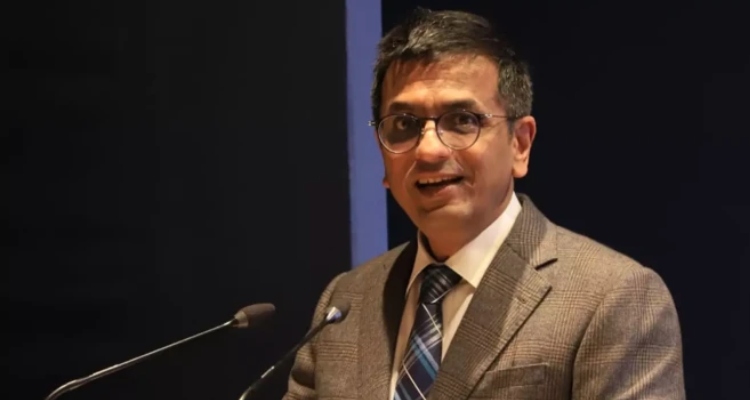
As Chief Justice of India Dr. Dhananjay Yashwant Chandrachud approaches his retirement on November 10, it marks the end of 2 transformative years at the helm of the Indian judiciary.
During his tenure, CJI Chandrachud has focused on revolutionizing the judicial system through extensive use of technology, making courts more accessible and inclusive with various citizen-centric initiatives.
His notable achievements include the establishment of virtual courts, the implementation of E-Courts to reduce the carbon footprint, and the introduction of E-Filing systems for online case submissions.
Additionally, E-Sewa Kendras have been set up to assist lawyers and litigants, while E-Copying allows for quicker access to certified documents. The Su-Swagatham portal facilitates visitor applications for e-entry passes to the Supreme Court.
Chandrachud’s tenure has also been characterized by significant rulings that uphold personal liberty, women’s rights, and the rights of the differently-abled, all while introducing innovative measures to enhance access to justice.
Currently, the Supreme Court is closed for Diwali vacation and will reopen on November 4, giving CJI Chandrachud only 5 working days before his retirement. During this period, several crucial verdicts are expected from his bench, including:
1. Validity of Madarsa Education:
The Supreme Court has reserved judgment on appeals from madarsas and individuals challenging the Uttar Pradesh Board of Madarsa Education Act, 2004, which was struck down by the Allahabad High Court. The bench emphasized the importance of accommodating diverse religious instruction, asserting that while the state can regulate madarsas, their existence cannot be dismissed.
2. Minority Status for Aligarh Muslim University (AMU):
A judgment is pending on the validity of a 1968 ruling that removed AMU’s minority status. The court is examining petitions asserting that AMU should be recognized as a minority institution based on its historical context and the community it serves.
3. Wealth Redistribution:
A nine-judge bench is scrutinizing Article 39(b) of the Constitution, which relates to the redistribution of wealth for the common good. This debate gained traction following political discussions initiated by Congress regarding wealth distribution.
4. Delhi Ridge Tree Felling Controversy:
The Supreme Court is investigating the illegal felling of trees in Delhi’s ridge area, examining the accountability of the Lieutenant Governor in this matter. The LG claimed unawareness of the need for prior court approval for tree removal.
5. Ambit of LMV License:
The court is determining whether a light motor vehicle license permits the holder to drive a transport vehicle of the same class. This issue has led to disputes over insurance claims related to accidents involving such vehicles.
As CJI Chandrachud prepares to conclude his tenure, these forthcoming rulings will likely leave a lasting impact on India’s legal landscape, reflecting his commitment to justice and innovation within the judiciary.




